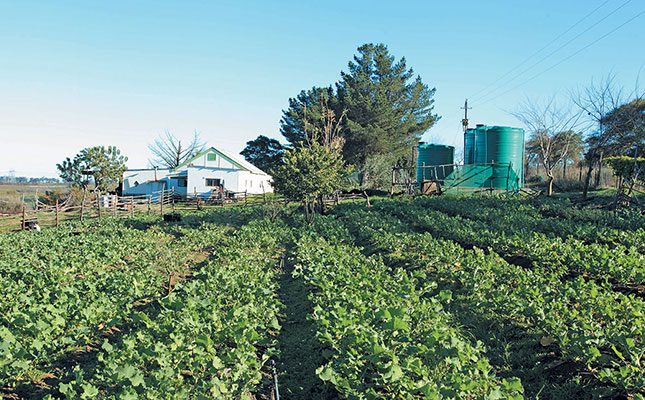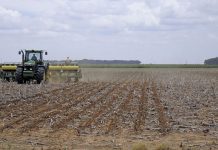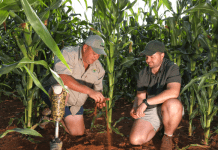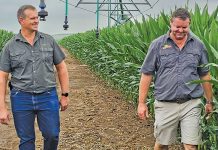
The bill is currently being drafted by the Department of Agriculture, Land Reform and Rural Development (the department) and seeks to regulate communal land tenure.
The Communal Land Rights Bill will make provision for the transfer of communal land held in trust by government and the Ingonyama Trust to communities and community members occupying such land.
It will also allow for the registration of communal land, community rules, and dispute-resolution mechanisms. Government has also undertaken to divest itself of the communal land it holds in trust for communities.
In terms of registration of rights, the department is considering allowing that, in respect of outer boundaries, land must be registered in either the name of a traditional council or in the name of the community as a juristic person. This was according to Annelize Crosby, head of legal intelligence at Agbiz, who expressed concern over this aspect, as she explained that it could curtail the ability of land occupants to benefit fully from the land.
“The ultimate aim of the land reform programme is to restore dignity [to communities] and their ability to work the land to [their] benefit. Since agriculture is the dominant economic activity in most [rural] areas, the chosen tenure arrangements must empower occupiers to use their land rights as the basis for prosperous and sustainable agricultural enterprises. Secure tenure rights in communal areas that are conducive to economic development hold the key to the growth of the agro-food sector and continued national food security.”
Peter Setou, chief executive of Vumelana Advisory Fund, echoed Crosby’s statement, saying that the most important aspect that the bill needed to get right was tenure security.
“Too often we see that the rights of land occupiers are encroached upon. We can’t lose sight of individuals’ rights to own land. To remedy this, we need solid land rights and the democratisation of communal land and how it is used. There can’t be one person who has a say over how land must be used.”
He added that for land to be of true benefit to occupiers, it should be developed. “But this requires financing, which these people often don’t have. We can’t just rely on government, thus we need to involve the private sector which, in turn, needs to be incentivised. We need more engagement with the financial sector to understand where the hindrances are, and then ensure that legislation is fit for purpose.”
The bill will be opened for public comment once the draft has been completed.










